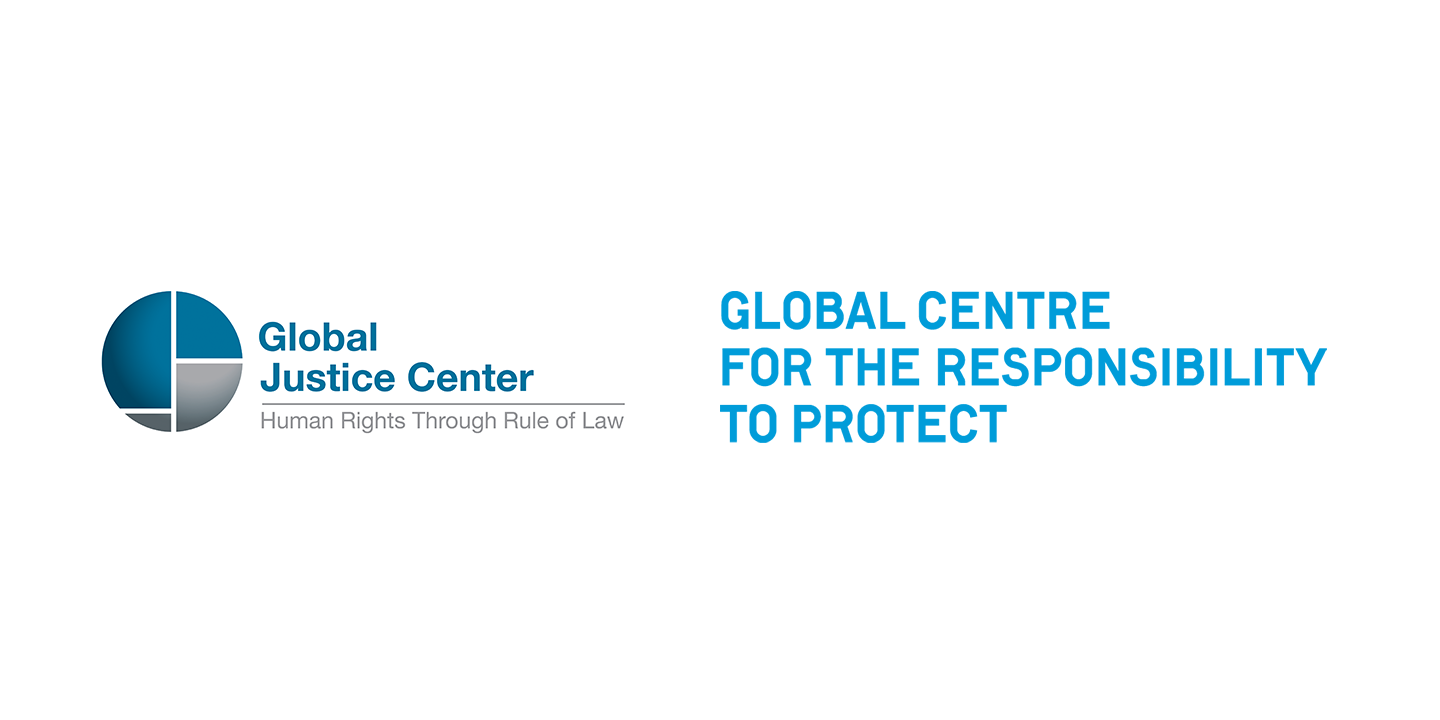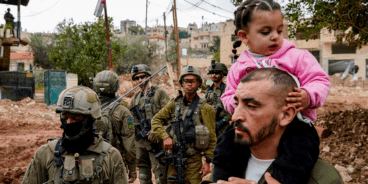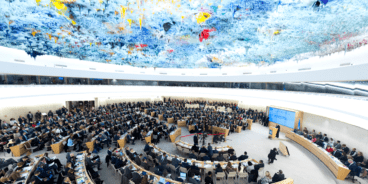

Myanmar to Report to World Court on Compliance with Order to Prevent Genocide
FOR IMMEDIATE RELEASE
May 21, 2020
NEW YORK — Myanmar will submit its first report to the International Court of Justice (ICJ) on its compliance with an order to prevent and not commit genocide against the Rohingya this Saturday. The reporting obligations are one of the “provisional measures” issued by the ICJ in January.
Myanmar is required to report to the ICJ on “all measures taken to give effect” to the order, including to prevent genocidal acts, ensure its military and police forces do not commit genocidal acts, and preserve all potential evidence of genocidal acts. The first report must be submitted by May 23, 2020, four months after the provisional measures order, while subsequent reports will be due every six months. The ICJ does not require the report be made public.
“The reporting requirement was a critical component of the ICJ’s historic order to protect the Rohingya from genocide. Having specifically recognized that the Rohingya remain extremely vulnerable, the periodic reports will allow the Court to monitor Myanmar’s actions related to the Rohingya in real-time as the case proceeds,” said Akila Radhakrishnan, president of the Global Justice Center. “Unfortunately, the response since then from Myanmar’s government has been deeply flawed at worst, and superficial at best.”
On April 8, Myanmar issued “presidential directives” to all government officials, requesting they ensure acts prohibited by Article II of the Genocide Convention are not committed — and that evidence of those acts are not destroyed. A later directive asked officials to denounce and prevent hate speech. The directives — which represent the only substantive response from Myanmar since the January ICJ order — include no clear guidelines for implementation and monitoring, and do not touch on the key issues of structural discrimination that need to be addressed in order to meaningfully give effect to the order. Deeper analysis of Myanmar’s actions since the ICJ order can be found in our Q&A.
“Myanmar’s Generals ordered the atrocities, bulldozed and buried evidence of their crimes, and are the reason why Aung San Suu Kyi’s name will now forever be associated with genocide and injustice,” said Dr. Simon Adams, Executive Director of the Global Centre for the Responsibility to Protect. “Until Myanmar’s discriminatory laws are abolished and the perpetrators of the genocide are held accountable, the threat of further atrocities remains.”
MEDIA CONTACT:
Thomas Dresslar, Global Justice Center, tdresslar@globaljusticecenter.net, +1 402-290-5177
Nadira Kourt, Global Centre for the Responsibility to Protect, nkourt@globalr2p.org, +1 646-318-5470
Related Content


Atrocity Alert No. 428: Israel and the Occupied Palestinian Territory, Myanmar (Burma) and Ukraine
